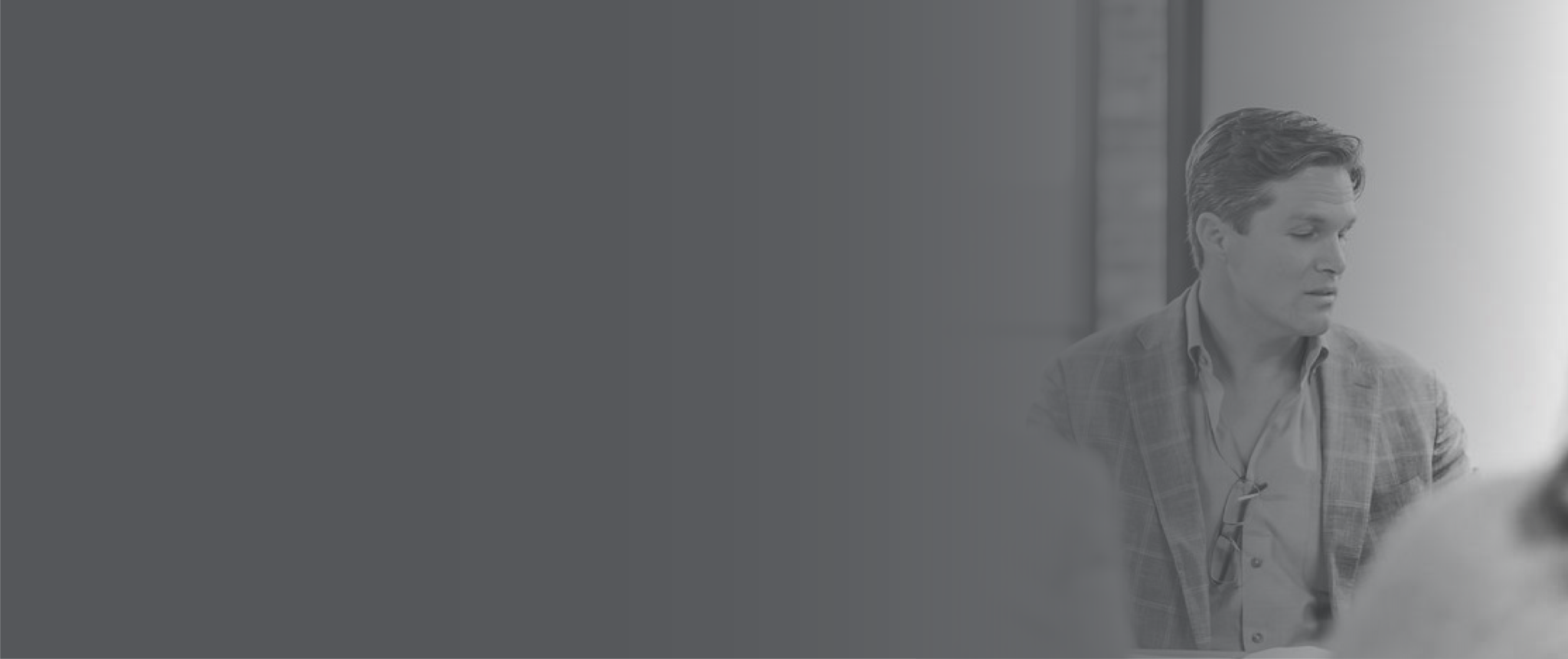The FORT Podcast: How To Assemble & Entitle Urban Land
On today’s episode, Chris is joined by Jason Baxter, President and COO of Fort to discuss the ways in which they think about the process around assembling and entitling land. They break down the due diligence work needed, why you need to know the end-user, what it’s like entering under contract, and the importance of getting people on your side through zoning.
We’re planning on doing more episodes like these in 2021. If you have any questions on how we operate at Fort, email us at thefortpodcast@gmail.com and we may just make an episode dedicated to it!
Listen on:
Spotify
Apple Podcasts
YouTube
(01:59) – What do Entitlements mean?
(02:44) – What is the due diligence process we do before buying a property we want to entitle?
(04:30) – Which city official do you try to set a meeting with to learn the future plan for an area?
(06:10) – Easements in Due Diligence
(08:17) – Environmental Issues
VCP- Voluntary Clean-Up Process
(12:18) – Determining Your Price to Pay and Value
(15:37) – Knowing Your End-User
(16:58) – Making an Offer that Can Close Quickly and Making Plans to Approach Sellers
(27:07) – Moving Quickly to Avoid the Word Getting Out to Other Real Estate Investors
(30:14) – Be Willing to Put in the Effort
(32:13) – Factors like NextDoor and Your City’s Vision
(35:26) – What We Do Once We’ve Bought a Property and What it’s Like to Enter into a Contract
(38:22) – What do future developers need to be able to close? What does a typical contract look like so expectations are met by both parties?
(42:57) – Getting Plans Ready for a Permit & Zoning
(45:05) – Getting People on Your Side When Going Through the Zoning Process
(52:48) – Wrap Up
Episode Summary
The podcast, a reflective and forward-looking exploration, delves into various facets of infill development, from strategizing and execution to navigating through zoning challenges and engaging with neighborhood associations, providing a comprehensive and multifaceted perspective into the strategic, operational, and market dynamics that shape the industry.
Strategic alignment emerges as a pivotal theme in the initial sections of the podcast, where Powers underscores the imperative of aligning with the city and neighborhood associations. A transparent acknowledgment of the complexities and chaos inherent in the construction and development process is juxtaposed against the seamless and satisfactory customer journey that is delivered, highlighting the strategic and operational considerations that ensure customers are shielded from the behind-the-scenes complexities. The dialogue also explores the nuances of navigating through fluctuating material costs, highlighting strategic adaptations such as adjusting customer discounts to mitigate the impact of surging lumber prices on project finances and delivery commitments.
As the conversation shifts to technology, Powers emphasizes a balanced approach, wherein technology is leveraged to enhance operational efficiencies while ensuring that the personal, human touch continues to steer customer interactions and relationships. The podcast subtly underscores technology as an enabler, enhancing operational capabilities without eclipsing the human, personal aspects of customer interactions and engagements.
In the realms of organizational culture and hiring, the dialogue delves into the strategic and selective hiring processes that ensure alignment with organizational ethos. Powers brings to light the pivotal role that every team member, from construction managers to sales teams, plays in delivering a customer-centric experience, ensuring that hiring is not merely a procurement of skills but a strategic alignment and perpetuation of organizational culture and ethos.
The podcast also traverses through the realms of market dynamics, strategic agility, and future trajectories, providing insights into the anticipations and preparations for future market landscapes. While acknowledging the inherent unpredictability of market dynamics, the dialogue underscores the strategic positioning and agility required to navigate through anticipated market landscapes, ensuring that organizational strategies and offerings are aligned with evolving customer preferences and market dynamics.
A reflective exploration into continual learning reveals its integral role in both organizational and personal development. The collective and collaborative journey of learning, exemplified by engaging in book discussions, ensures that the organization perpetually evolves, adapts, and grows, navigating through the dynamic market landscape with strategic agility and adaptability.
The podcast also unfolds into zoning challenges and strategies, navigating through the complexities and strategic considerations that shape zoning processes in infill development projects. From exploring alternative land usage options to navigating through bureaucratic processes, the dialogue provides a nuanced view into the complexities and strategic considerations that shape the journey through land usage and zoning in infill development.
The closing sections of the dialogue weave through reflections and anticipations, providing not only a summary of the insights and experiences shared but also positioning the strategies and insights as stepping stones toward navigating future pathways in the infill development landscape. The podcast, while reflective, positions the dialogue as a forward-looking, strategic exploration, ensuring that the discussion, while rooted in current experiences and insights, is also strategically poised to navigate future pathways in the infill development landscape.
The FORT with Chris Powers is produced by Straight Up Podcasts
